KATHMANDU, Sept 14: The ruling CPN-UML, along with the Nepali Congress (NC) and other parties, is strategizing to remove Indira Rana from her position as Deputy Speaker of the House of Representatives (HoR). The ruling parties are preparing to either pressurize her into resigning or, if that fails, to remove her from the position with a two-thirds majority in the House. There has been growing criticism from the streets to parliament regarding Rana's failure to adhere to the decorum of her office.
Deputy Speaker Rana, who was nominated to parliament by the opposition party, Rastriya Swatantra Party (RSP), under the indigenous category, courted controversy after a letter dated February 26, 2023, was leaked in July in which she requested the US embassy to expedite the visa process for her entourage to the 67th session of the Commission on the Status of Women.
Rana has publicly admitted to writing a letter requesting a change in visa dates for certain individuals participating in the UN program, but she claimed on Friday that neither the letter had been registered nor the individuals in question ever reached the US. Nevertheless, the act of writing a letter to the embassy while holding the position of Deputy Speaker has led to criticism that she had failed to uphold the decorum of her position. This situation paints a picture of how high-ranking officials have been lax in their duties, prioritizing personal requests and interests over understanding their roles and limitations.
To restore public faith and trust in democratic governance, it is often considered best for individuals in public office to resign when faced with serious accusations. Such a move not only restores public confidence but also holds public office holders accountable. In Nepal’s case of dwindling public confidence in political parties, such a resignation might also help restore the diminishing trust in parties.
Currently, there is a debate over whether the ruling coalition is genuinely seeking to stabilize and strengthen the system. Many believe that past actions as well as current practices of the two parties in the coalition indicate that they are driven by self-interest rather than a genuine commitment to reform of the system and improvement in the conduct of politicians.
In the days to come, what roles will the NC and the UML play, and how will they respond as letters from other leaders and officials come to light? On the one hand, many are questioning the ruling alliance's actions, while on the other, the ruling coalition seems to be focused on achieving a majority in the Constitutional Council (CC).
Salaries and allowances of Speaker, Deputy Speaker withheld unt...

As per Article 284 of the Constitution, the Council is chaired by the Prime Minister and includes the Chief Justice, the Speaker and Deputy Speaker of the HoR, the Chairperson of the National Assembly, and the leader of the opposition in the HoR. The CC makes recommendations for the appointment of the Chief Justice, heads of constitutional bodies, and other officials. Currently, the PM is in a minority within the CC under the present configuration.
Prime Minister KP Oli and Speaker Devraj Ghimire were elected as MPs from the UML, while National Assembly Chair Narayan Dahal and opposition leader Pushpa Kamal Dahal were elected from the CPN (Maoist Center). Deputy Speaker Rana is an MP from the Rastriya Swatantra Party (RSP). Both the Maoist Center and the RSP are currently in the opposition.
The Constitution provides that if a proposal to remove either the Speaker or the Deputy Speaker for not adhering to the office's conduct is passed by a two-thirds majority of the entire sitting membership of the HoR, the position can be declared vacant.
Removing Rana is not a hard task for the ruling alliance as the ruling coalition commands 182 seats in the House, just two short of the required number for a two-thirds majority. On June 14, PM Oli secured 188 votes of confidence. Maintaining this majority would make it straightforward to remove Rana from her position as Deputy Speaker.
However, if the removal of Rana is seen merely as a means to adjust the balance of power or stabilize the current coalition rather than to uphold constitutional norms, it could set a troubling precedent and weaken the federal democratic republic.
Such accusations will start being leveled against key state institutions and their members based on parliamentary numbers and the interests of the ruling parties. The parties that are prepared to remove the Deputy Speaker today may use their majority to target the Speaker, the President, or anyone else tomorrow. There is a history of parliament becoming weakened when it acts impulsively and based on numbers.
The impeachment motion against the then Chief Justice Sushila Karki was withdrawn by the lawmakers themselves. Similarly, the impeachment motion filed against another Chief Justice, Cholendra Shumsher Rana, has become moot following the change in the ruling coalition.
The Parliamentary Hearing Committee raised questions about the educational qualifications of the then judge Deepak Raj Joshi, preventing him from becoming the Chief Justice. However, parliament and its committees have failed to investigate his credentials and bring the matter into the legal domain.
The CC's recommendation of Krishna Man Pradhan for the position of Commissioner at the Election Commission was rejected by the Parliamentary Hearing Committee based on complaints. Additionally, no parliamentary committee or state body has deemed it necessary to investigate the allegations against Pradhan.
After shifting power and interests, if individuals are targeted and then discarded by parliament and its committees, although immediate interests may be served, it will have long-term repercussions for the country’s governance system and structure.
However, Deputy Speaker Rana's letter to the US Embassy in Kathmandu is not a trivial matter. Instead of merely using it to adjust the Constitutional Council's numerical balance, attention should be focused on investigating the issue and ensuring that such incidents do not occur in the future.
Not only at the US Embassy in Kathmandu but also among many high-ranking and influential leaders, similar recommendation letters are likely to emerge one after another in the future. In such cases, if action is taken according to official responsibilities and legal frameworks, it will mark the beginning of reform, with action against Rana being a starting point. Otherwise, merely replacing one individual with another for the sake of immediate political interests will not strengthen the system; it will only change the situation without improving the system itself.
Instead of strengthening the pillars of the federal democratic republic—such as parliament, the President, the judiciary, and constitutional bodies—using them for cheap popularity and political gain will weaken them. Creating controversies and manipulating these institutions for personal or party interests will undermine their integrity and effectiveness.



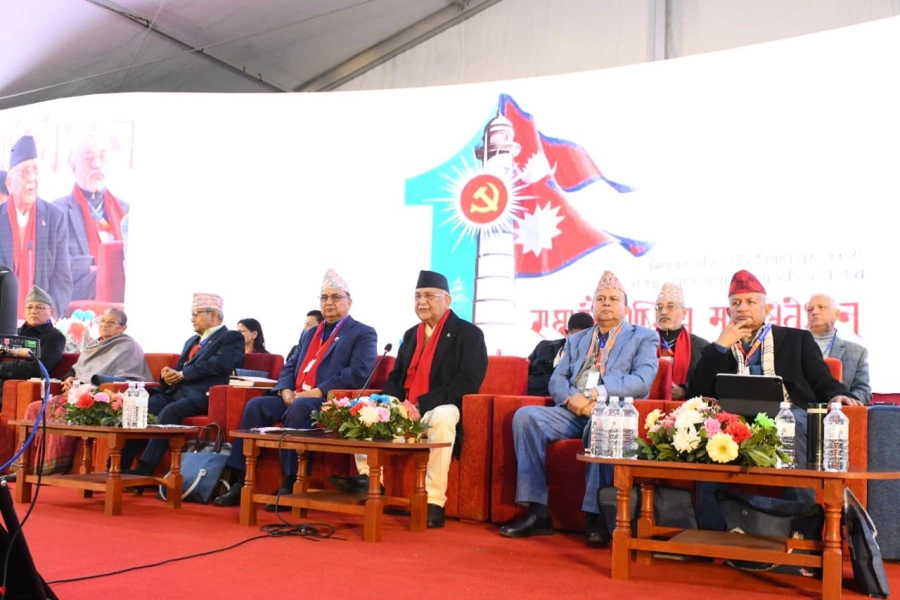












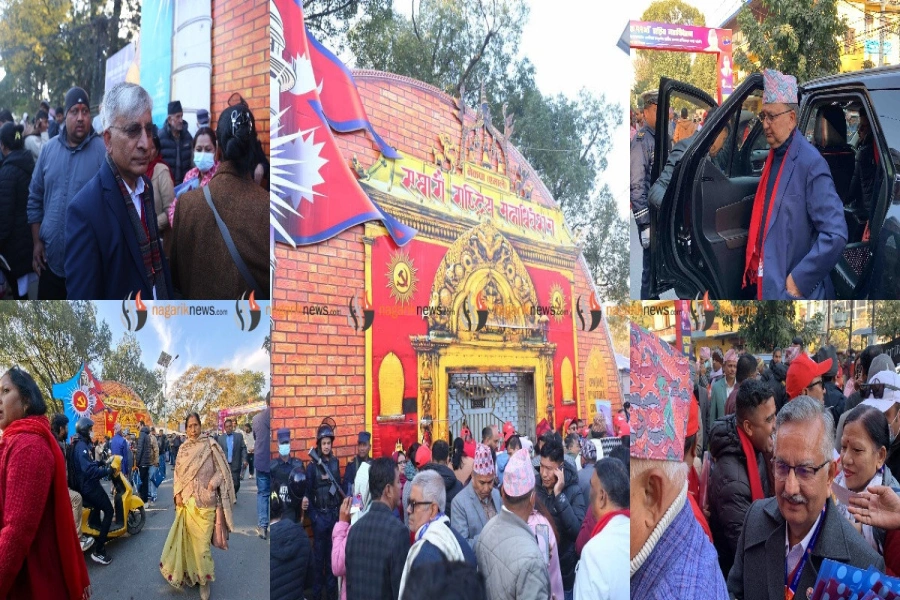
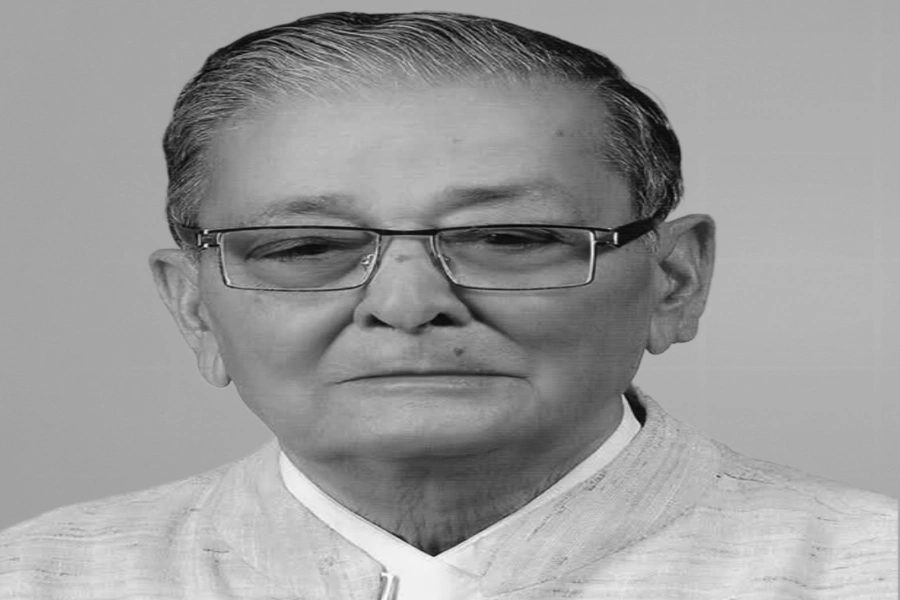
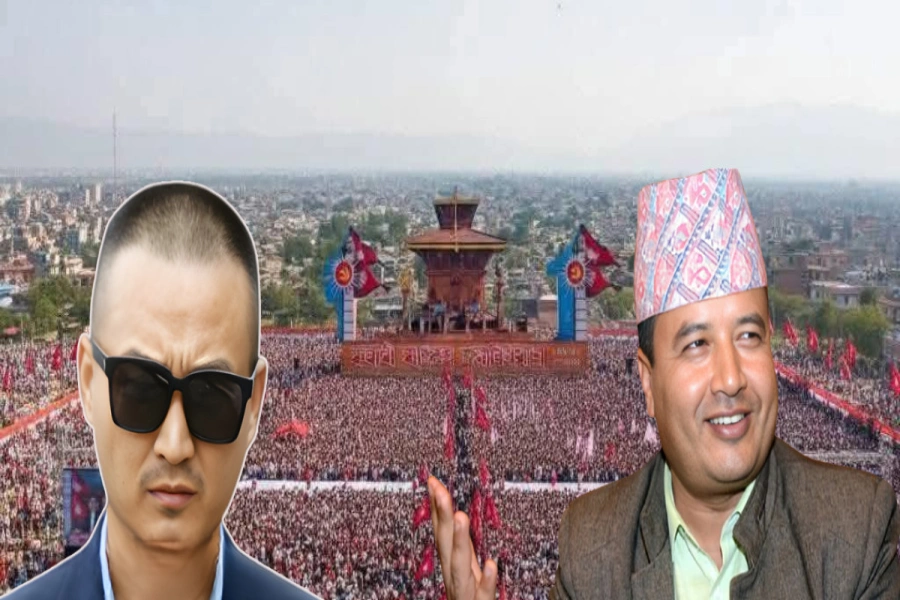

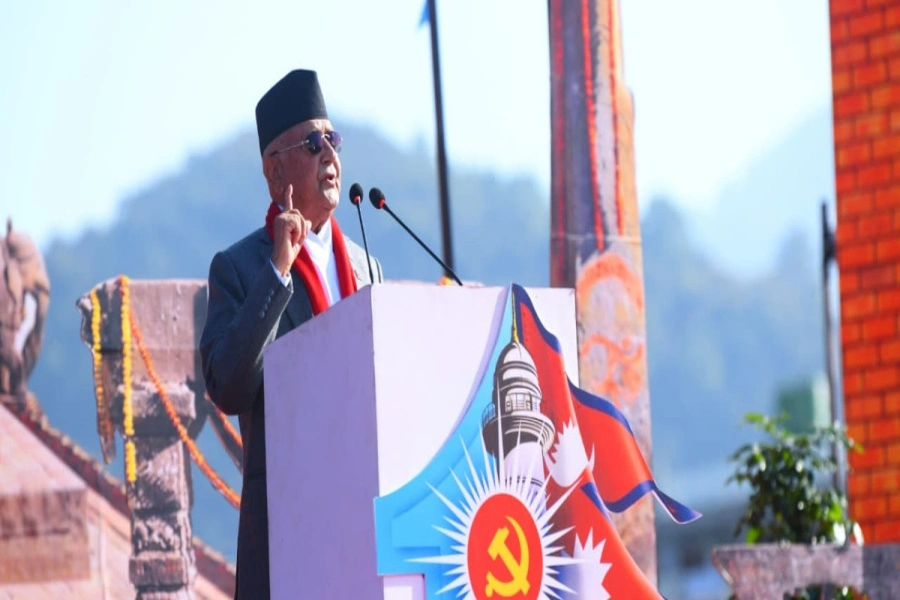




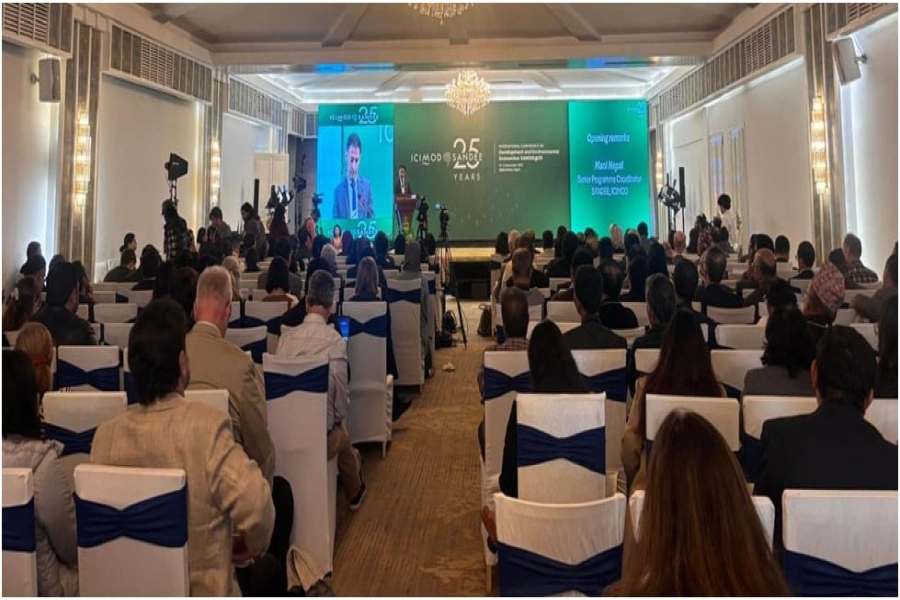












-1765616104.webp)